Why should we worry about sleep when there is (literally) a global pandemic?
Along with nutrition and exercise, sleep is one of the three pillars of health and is critical for physical and psychological well-being. A vast majority of people struggle with getting adequate sleep, which can have important consequences on their overall health and their ability to cope with external stressors. So, what does that have to do with the current situation?
Well, the COVID-19 pandemic has had a profound impact on work, school, social interactions, and pretty much every other aspect of the daily routine of people from all over the globe. To adapt to this new reality, individuals have changed some of their sleeping habits, such as their bed and wake-up times, therefore influencing their overall opportunity to sleep. In addition to the widespread increases in stress levels associated with the COVID-19 pandemic, these seemingly harmless changes in sleep behaviour can have serious implications on sleep quality and quantity, with downstream effects for mental and physical health.
To better understand exactly how individuals are changing their sleep habits during the COVID-19 pandemic, an online survey was distributed across Canada from April 3rd to June 24th, 2020. Over 5,500 individuals shared their experiences about sleep and mental health during the pandemic. Now, what did we learn from this survey?
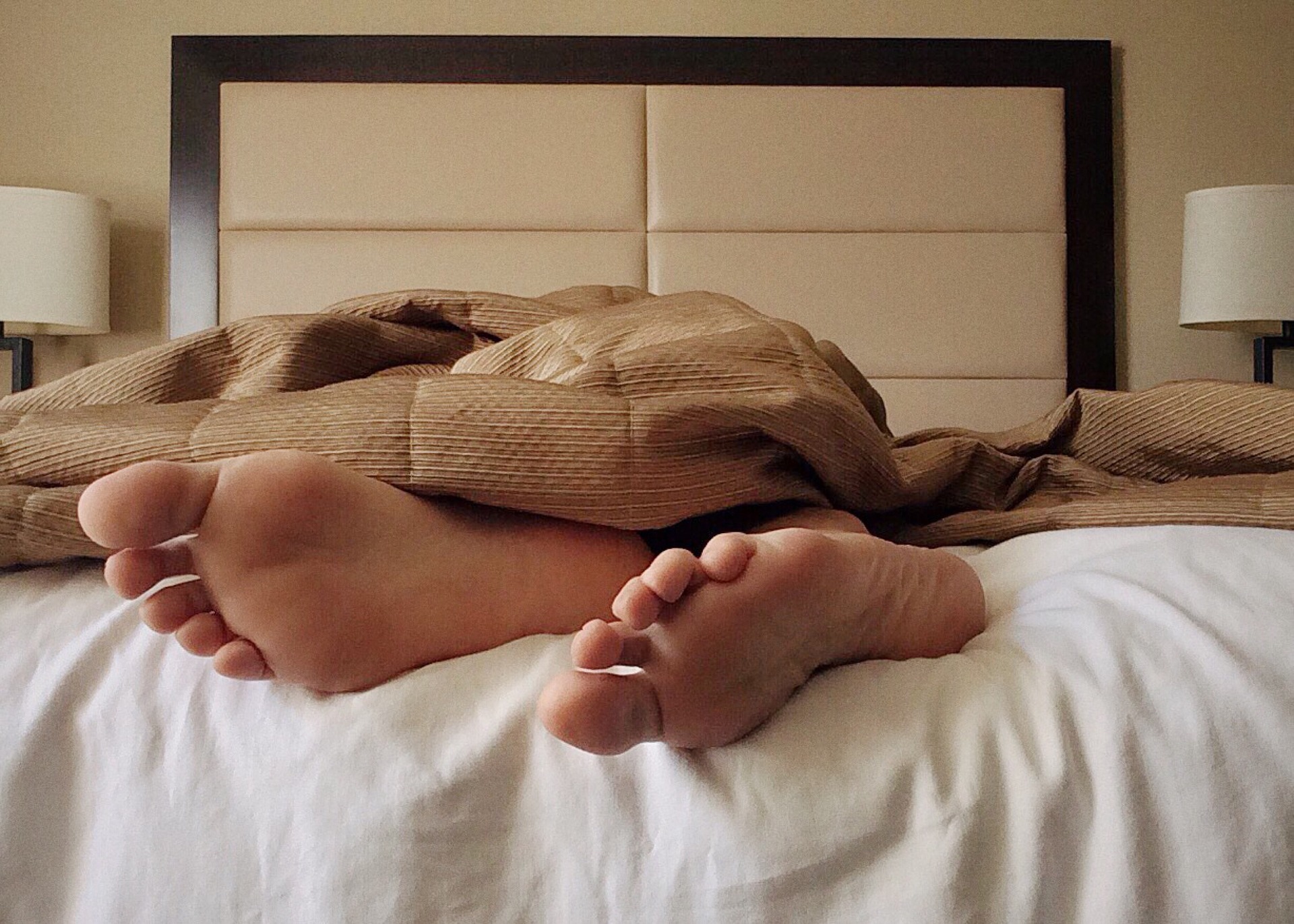
In general, how did the COVID-19 pandemic change the way we sleep?
Compared to before the pandemic, individuals now reported a harder time falling asleep, as well as more difficulties staying asleep during the night and in the morning. One person out of two (51%) reported serious sleep difficulties during the pandemic while one third (36%) reported having faced such difficulties before the start of the pandemic. In other words, more individuals are now struggling with initiating and maintaining sleep which are some core symptoms of insomnia, or in this case, COVID-somnia.
In line with the increases in sleep difficulties, approximately 8% of respondents took more sleeping medication (either prescribed or over the counter) compared to before the pandemic. Considering the important short and long term side effects associated with certain sleep medication, this increase in medication use is quite concerning.
Did everyone respond to the pandemic the same way?
Not at all! Although many people had worse sleep quality since the start of the pandemic, some individuals actually slept better during the pandemic. According to the survey, there are three types of sleepers during the COVID-19 pandemic :
- The “Late risers” : these are the ones who wake-up later in the morning which leads to spending more time in bed. These individuals go to bed relatively at the same time as they did before the pandemic.
- The “Short sleepers” : these types of sleepers go to bed later and wake-up earlier meaning that they don’t get as much sleep as they did before.
- The “Night owls” : compared to before the pandemic, these individuals have later bedtimes and wake-up times leading to a somewhat longer time in bed. This is often referred to as a sleep phase delay.
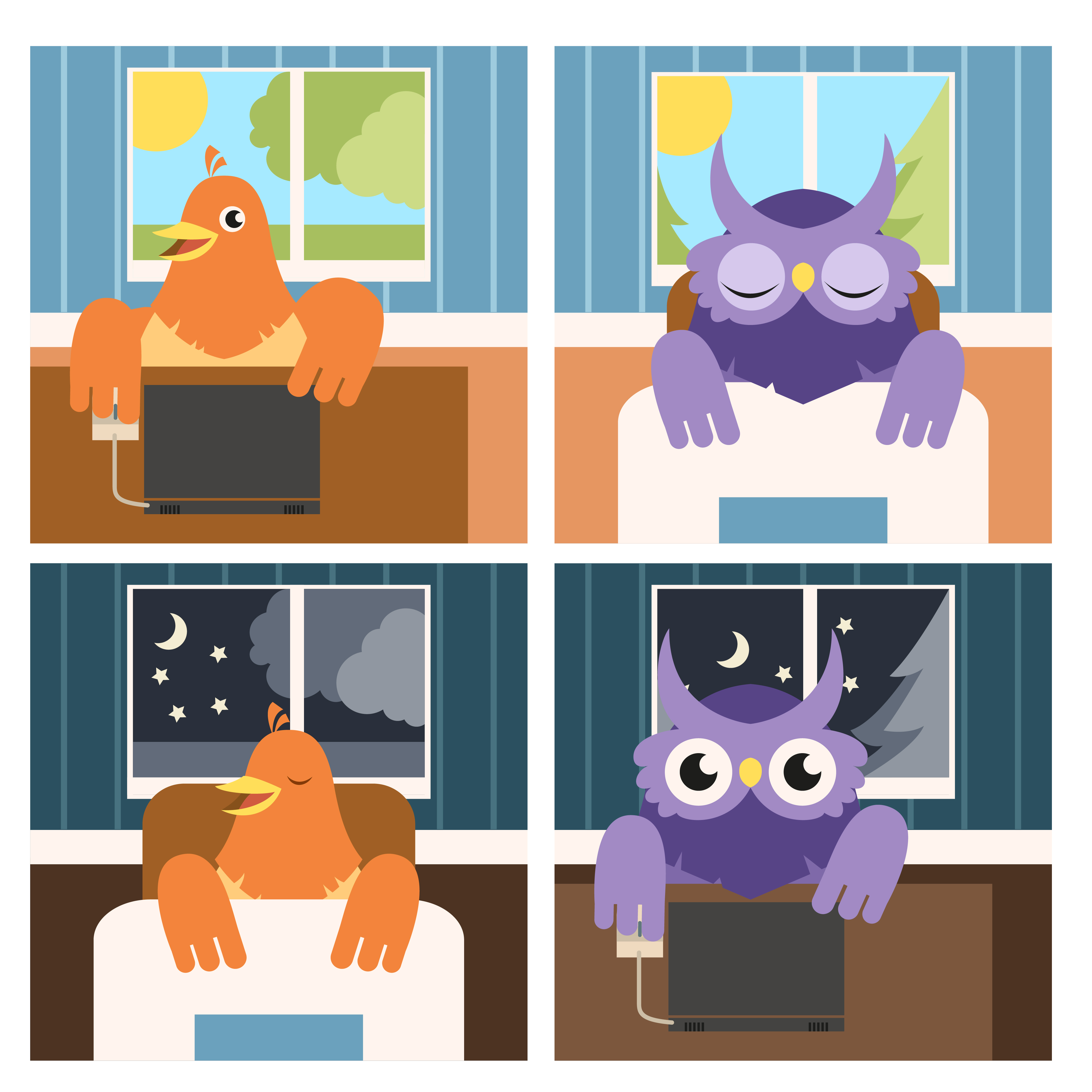
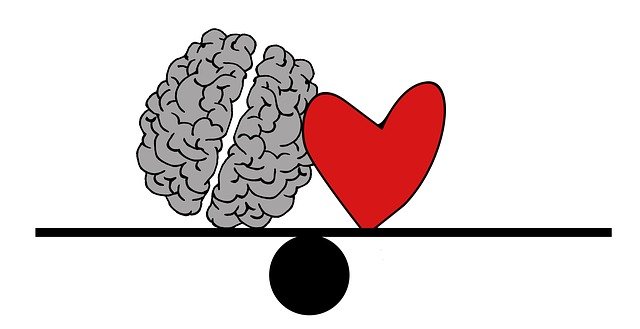
How does this relate to mental health and coping during the pandemic?
Apart from bedtimes, wake-up times, and total time spent in bed, these three types of sleepers also differ in terms of sleep difficulties and mental health symptoms. The “Night owls” seem to have a harder time falling asleep while the “Short sleepers” have trouble staying asleep at night and in the morning. Importantly, these sleep difficulties can have negative effects on mental health. In fact, both the “Night owls” and the “Short sleepers” (those with the most sleep difficulties) had worse symptoms of stress, anxiety, and depression in response to the pandemic.
Who is more at risk of increased stress and new sleep difficulties during the pandemic?
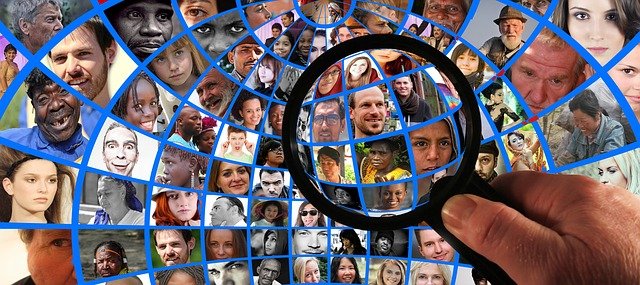
- Women
- Younger individuals
- Individuals with a chronic illness and/or a mental health disorder
- Individuals who wake-up earlier
- Individuals who are employed, especially those working with the public
- Individuals with more family responsibilities and/or with underage children
- Individuals who drink more alcohol
- Individuals who spend less time exercising and/or doing artistic activities
- Individuals who spend more time watching television
Are there any recommendations to deal with these sleep difficulties?
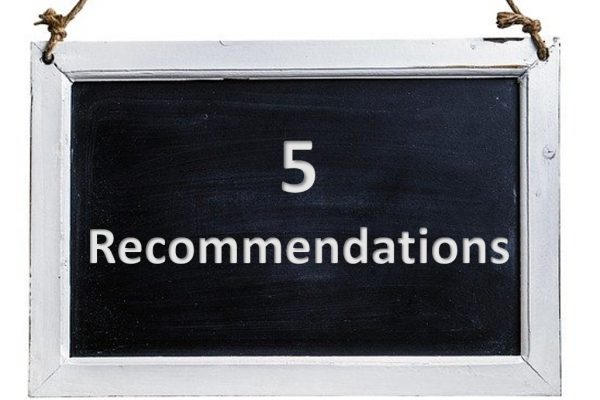
Absolutely! Getting adequate sleep quality and quantity can help to reduce feelings of stress, anxiety, and depression. Protecting our sleep can thus better equip us to face these unprecedented times. Fortunately, the majority of the sleep difficulties arising during the pandemic seem to be associated with modifiable behaviours such as bedtime, wake-up time and total amount of time spent in bed. As these behaviours can be modified, small changes in daily habits and activities can lead to better sleep.
As individuals were affected in different ways by the pandemic, there is no one miracle solution that applies to everyone in terms of sleep. However, here are some general recommendations that can be helpful in preventing and/or addressing sleep problems :
- Maintain a regular sleep schedule (bed and wake-up times) – even on weekends
- Limit alcohol consumption (preferably less than 7 alcoholic drinks per week)
- Spend more time exercising and/or doing leisure activities
- Limit daily television exposure, especially to COVID-19 related news
- Avoid using electronic devices in bed or near bedtime (if you absolutely need to, use an orange filter to attenuate blue light)

If difficulties with falling asleep or staying asleep persist and are causing significant distress and/or functional impairments, other interventions such as cognitive-behavioural therapy for insomnia (CBTi) may be beneficial. For those dealing with a shift in their sleep phase, consultation with a qualified professional may be recommended. Please consult a qualified professional if sleep disturbances persist.
For more information on how to manage sleep difficulties during the COVID-19 pandemic, visit our contents and “Sleep and circadian rhythm in response to the COVID-19 pandemic”
The survey project is still ongoing!
To participate, please click here
